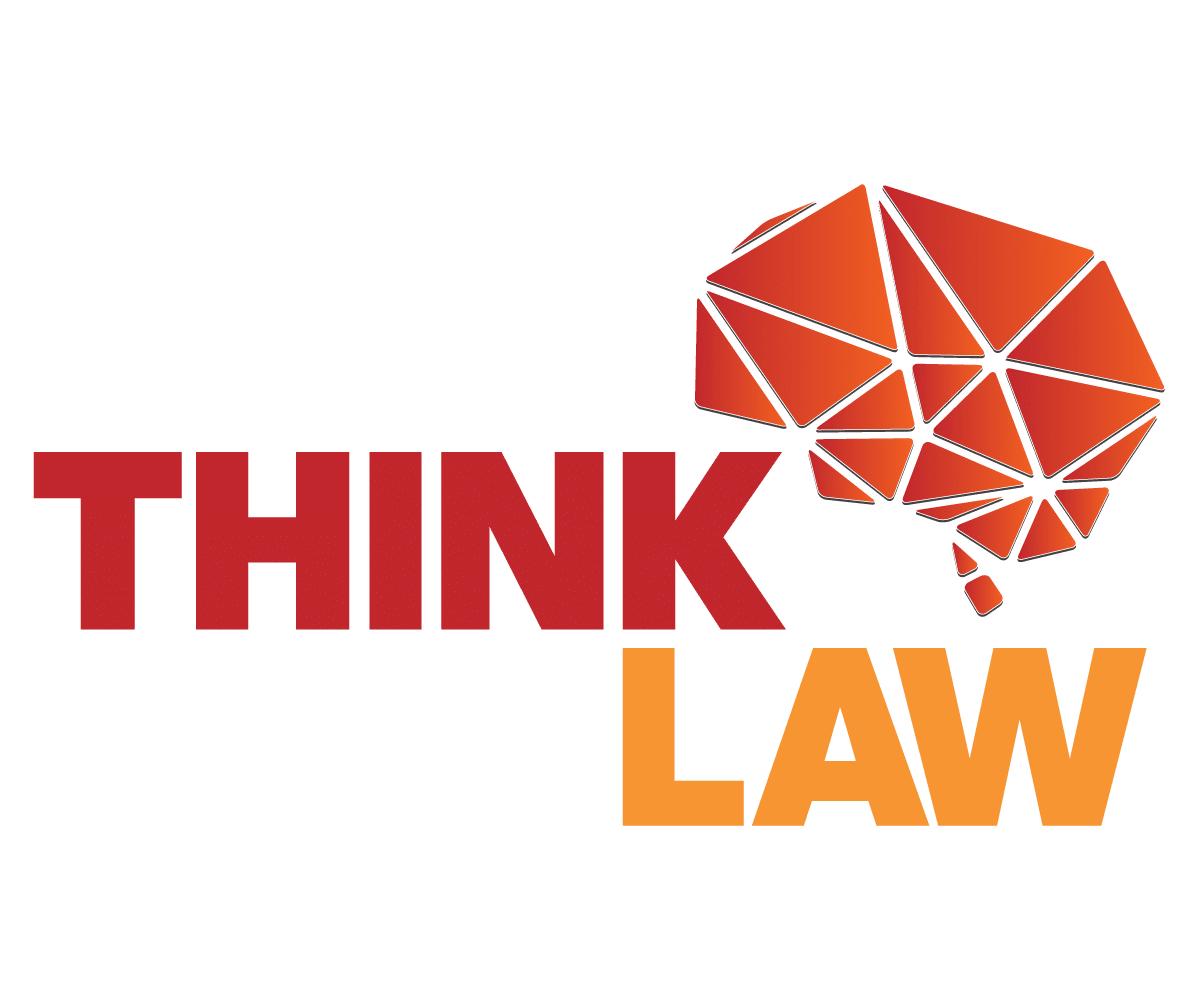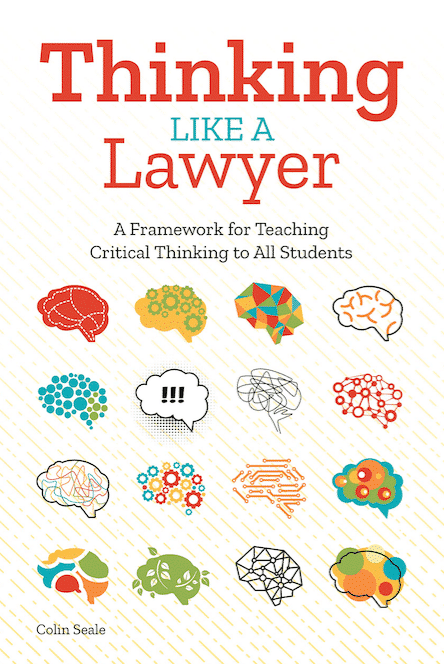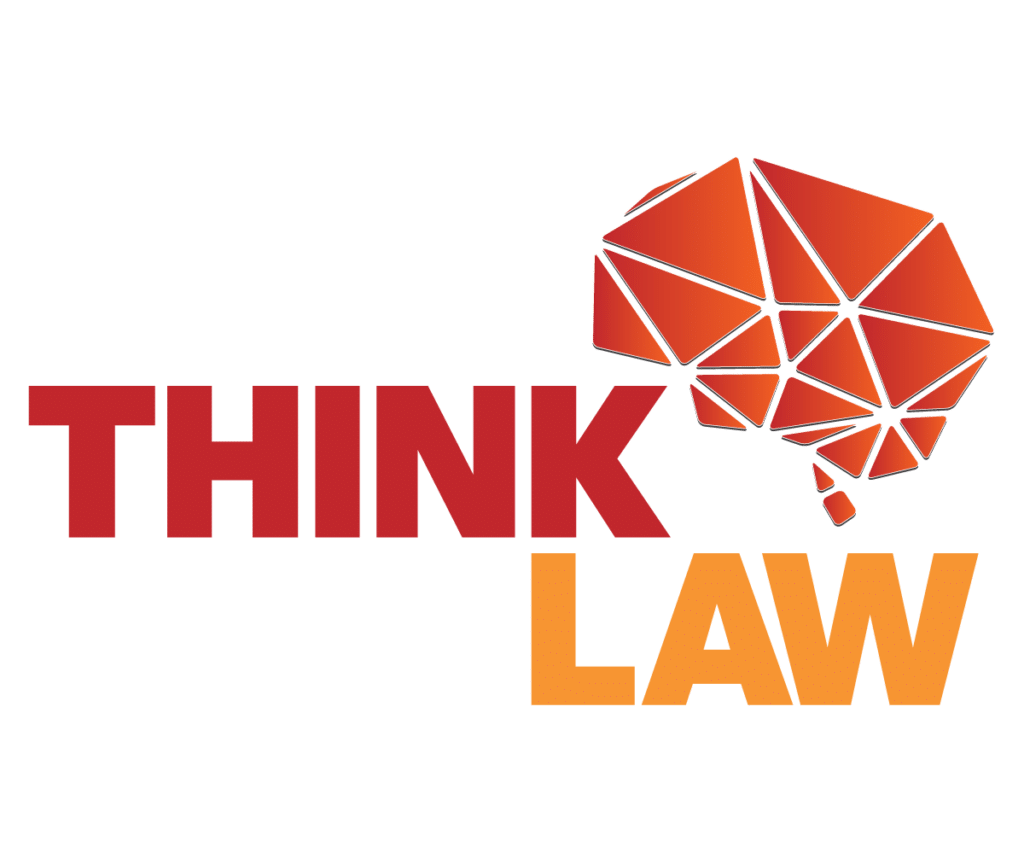Out with the old. In with the new (logo that is)!
There is no better time to discuss transformation than today since it’s the first day of fall. While the Northern Hemisphere undergoes it’s own changes, let’s check out the transformation and reasoning behind the changes between the old thinkLaw logo and the current logo we use today.
Here’s the old logo
Here’s the current logo
What does the current thinkLaw logo actually represent?
You see (in the new logo) that the brain is formed with all triangles, representing discrete pieces of information. This is how we usually learn, just getting facts and information from various disciplines. But it takes an intentional act of organizing these triangles to create the brainpower needed to excel in the 21st century economy.
We are using the law to transform discrete pieces of information into #criticalthinking skills, mindsets, and habits. The color combination to create the brain was strategically selected using the colors from the red THINK + the yellow LAW= the orange brain.
What is thinkLaw?
We know that critical thinking is hard to teach, but it remains one of the most important 21st century skills. New tests require students to apply critical thinking to challenging questions. But critical thinking is still a luxury good: less than 1 of 10 educators teach it and that educator is often at an elite school or only teaches critical thinking to elite students.
thinkLaw closes this gap by helping educators teach critical thinking to ALL students through 25 engaging, Standard-aligned lessons based on real-life legal cases. These cases tap into students’ inherent sense of justice and fairness and empower students to do the heavy lifting through critical thinking tasks usually reserved for law students.
thinkLaw’s comprehensive program includes teacher guides and tools to allow them to deliver lessons with under 20 minutes of prep time, student workbooks, and 3 sessions of virtual coaching.
Learn more about how you can launch thinkLaw at your school or organization, by clicking here.








Leave a Reply